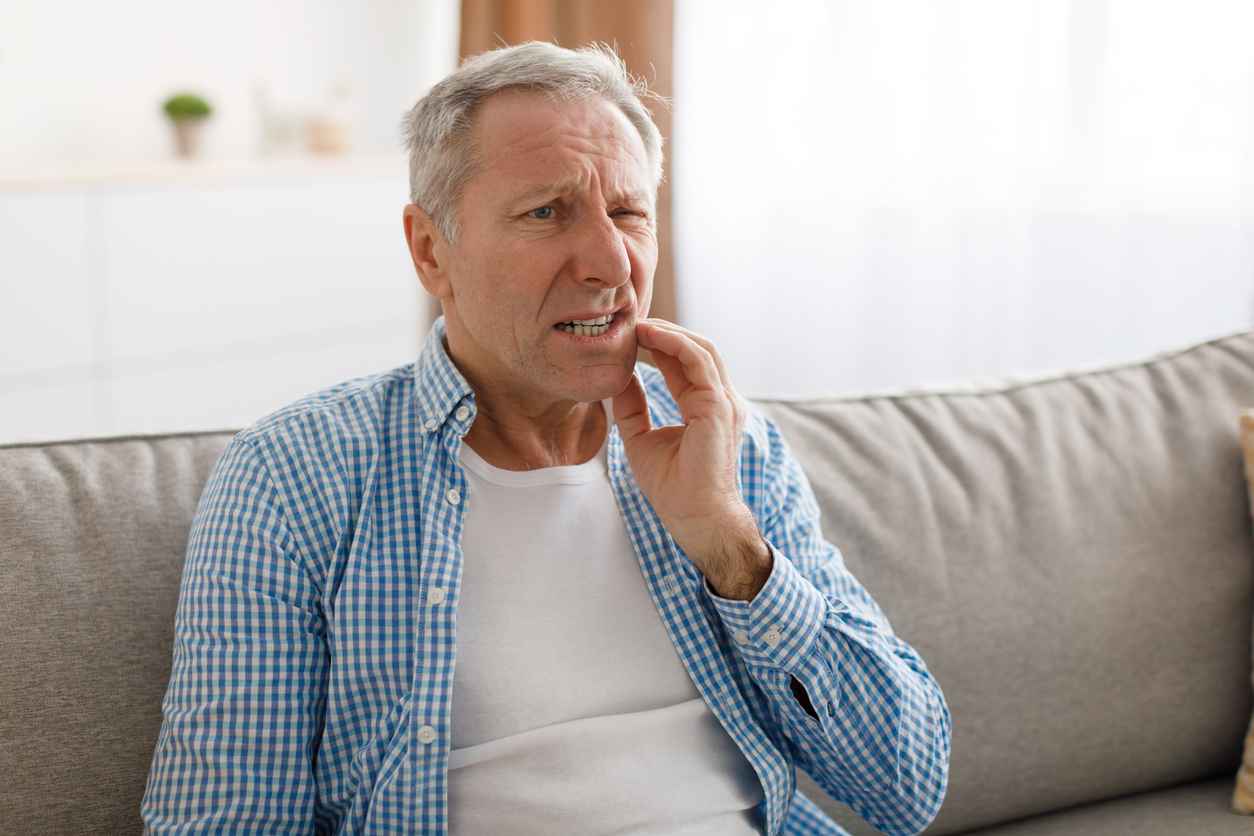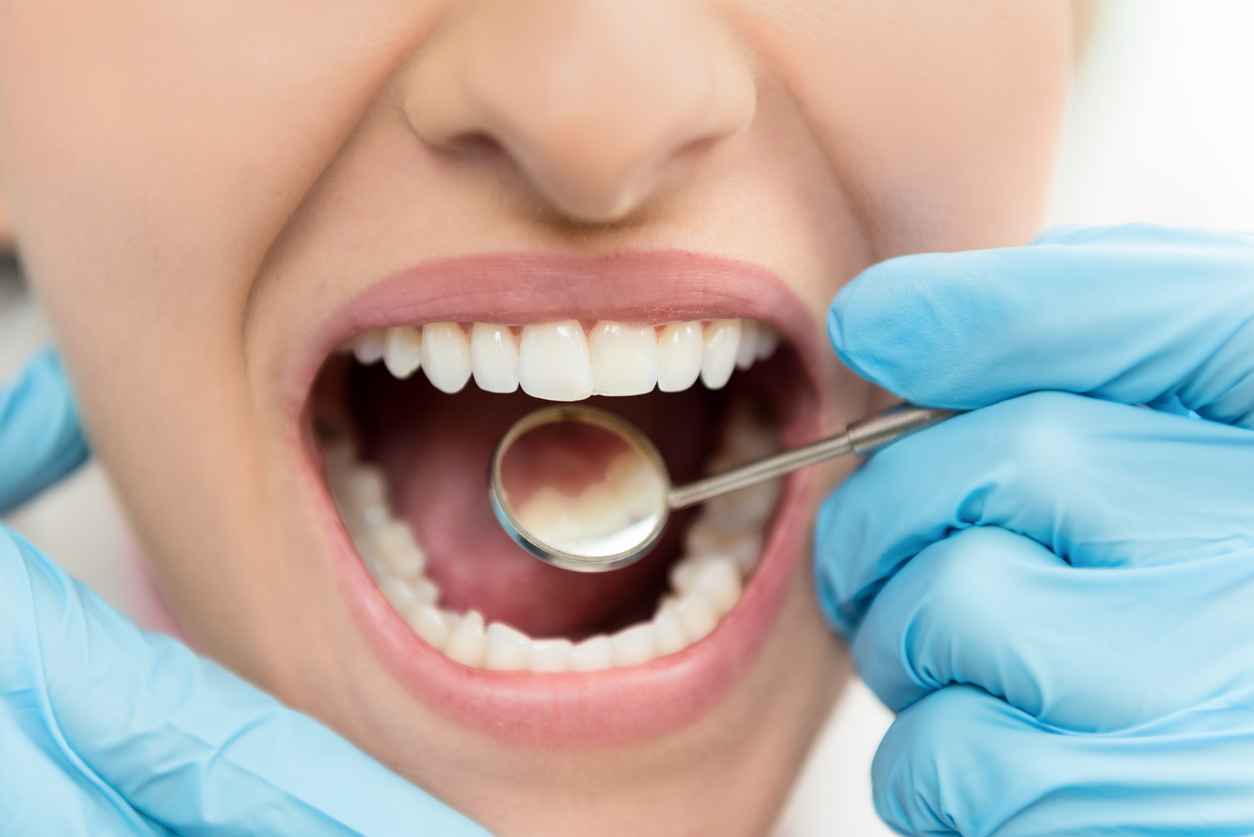
Top 5 Common Dental Emergencies and How to Handle Them
May 30, 2025
Your Quick Guide to Handling Dental Emergencies
Dental emergencies can happen unexpectedly and cause significant pain and discomfort. Knowing how to handle these situations promptly can save your smile and prevent further damage.
From the Scarsdale Dental Center team, here are the top five common dental emergencies and tips on what to do if they occur:
1. Toothache
A persistent toothache can be caused by tooth decay, infection, or an abscess. To ease the pain before you get to the dentist, rinse your mouth with warm water and gently floss to remove any trapped food. Avoid placing aspirin directly on the tooth or gums, as this can cause burns. Use over-the-counter pain relievers if needed, and schedule an emergency appointment promptly.
2. Knocked-Out Tooth
If a tooth is completely knocked out due to trauma, quick action is critical. Pick up the tooth by the crown (the part you chew with), not the root. If possible, gently rinse it with water, then place it back into the socket and hold it in place. If reinsertion isn’t possible, keep the tooth moist by storing it in milk or a tooth preservation kit. Visit your dentist immediately — the sooner you get help, the better the chances of saving the tooth.
3. Broken or Chipped Tooth
A broken or chipped tooth can be painful and sensitive. Rinse your mouth with warm water and apply a cold compress to reduce swelling. Save any broken pieces of the tooth and bring them with you to your dental appointment. Avoid chewing on the affected side to prevent further damage.
4. Lost Filling or Crown
Losing a filling or crown can expose sensitive areas of your tooth and cause discomfort. If the crown comes off, you can try to place it back temporarily using dental cement (available at pharmacies) or toothpaste as a short-term solution. Avoid chewing sticky or hard foods on that side, and contact your dentist as soon as possible.
5. Abscess or Infection
A dental abscess is a serious infection that can cause severe pain, swelling, fever, and a bad taste in the mouth. Do not ignore these symptoms. Rinse your mouth with a mild saltwater solution and take pain medication as needed. Seek emergency dental care immediately to prevent the infection from spreading.
When to Seek Emergency Dental Care
If you experience severe pain, uncontrolled bleeding, swelling that affects your breathing or swallowing, or any trauma involving your face or jaw, seek emergency dental care right away.
Trust Scarsdale Dental Center for Your Dental Emergencies
At Scarsdale Dental Center in Scarsdale, NY, our experienced team is ready to provide prompt and compassionate care for all your dental emergencies. Don’t wait—contact us immediately if you or a loved one is facing a dental emergency.
Recent News

Crowns vs. Fillings: Which Is Right for You?
November 20, 2025

The Connection Between Oral Health and Overall Well-Being
August 29, 2025

TMJ Disorder Explained: Causes, Symptoms, and Treatment Options
February 28, 2025

Protecting Your Smile During the Holidays: Tips From Our Dental Experts
November 27, 2024

An Interview with Scarsdale Dental Center’s Dr. Teresa Jacob
August 30, 2024

Periodontal Disease and Gum Disease Symptoms, Causes, and Treatment
June 10, 2024

